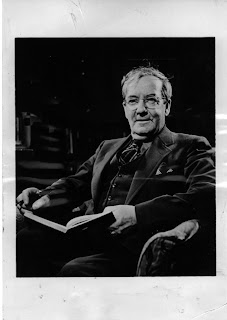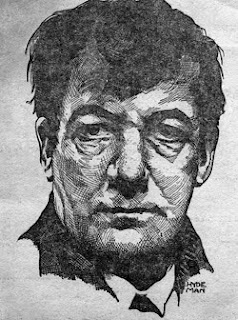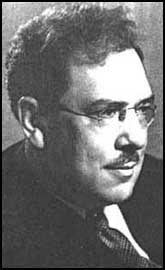
from The World is My Home: A Memoir by James A Michener
“For whom did I write as I sat night after night fighting the mosquitoes with those little bombs of insecticide the Navy gave us and pecking out my stories on the typewriter? Not the general public, whom I did not care to impress; not the custodians of literature, about whom I knew little; and certainly not posterity, a concept that simply never entered my mind. I wrote primarily for myself, to record the reality of World War II, and for the young men and women who lived it” (266).
Who do you write for? Who is the audience in the back of your mind as you weave your tale? Is it family? friends? colleagues? the literary world? God? yourself? The list could go on and on. This really is a loaded question, because the answer to it determines your goals and aspirations. If you’re writing for other people, you may never find success. People are fickle. What they like today, they discard tomorrow. If your goal is to please God and yourself, then you will find more satisfaction as a writer. And if other people also enjoy what you have written, then that is just cherries on top of the sundae. Don’t try to please others to the point where you lose yourself and your purpose. Write what is in your heart to write.
“For whom did I write as I sat night after night fighting the mosquitoes with those little bombs of insecticide the Navy gave us and pecking out my stories on the typewriter? Not the general public, whom I did not care to impress; not the custodians of literature, about whom I knew little; and certainly not posterity, a concept that simply never entered my mind. I wrote primarily for myself, to record the reality of World War II, and for the young men and women who lived it” (266).
Who do you write for? Who is the audience in the back of your mind as you weave your tale? Is it family? friends? colleagues? the literary world? God? yourself? The list could go on and on. This really is a loaded question, because the answer to it determines your goals and aspirations. If you’re writing for other people, you may never find success. People are fickle. What they like today, they discard tomorrow. If your goal is to please God and yourself, then you will find more satisfaction as a writer. And if other people also enjoy what you have written, then that is just cherries on top of the sundae. Don’t try to please others to the point where you lose yourself and your purpose. Write what is in your heart to write.






